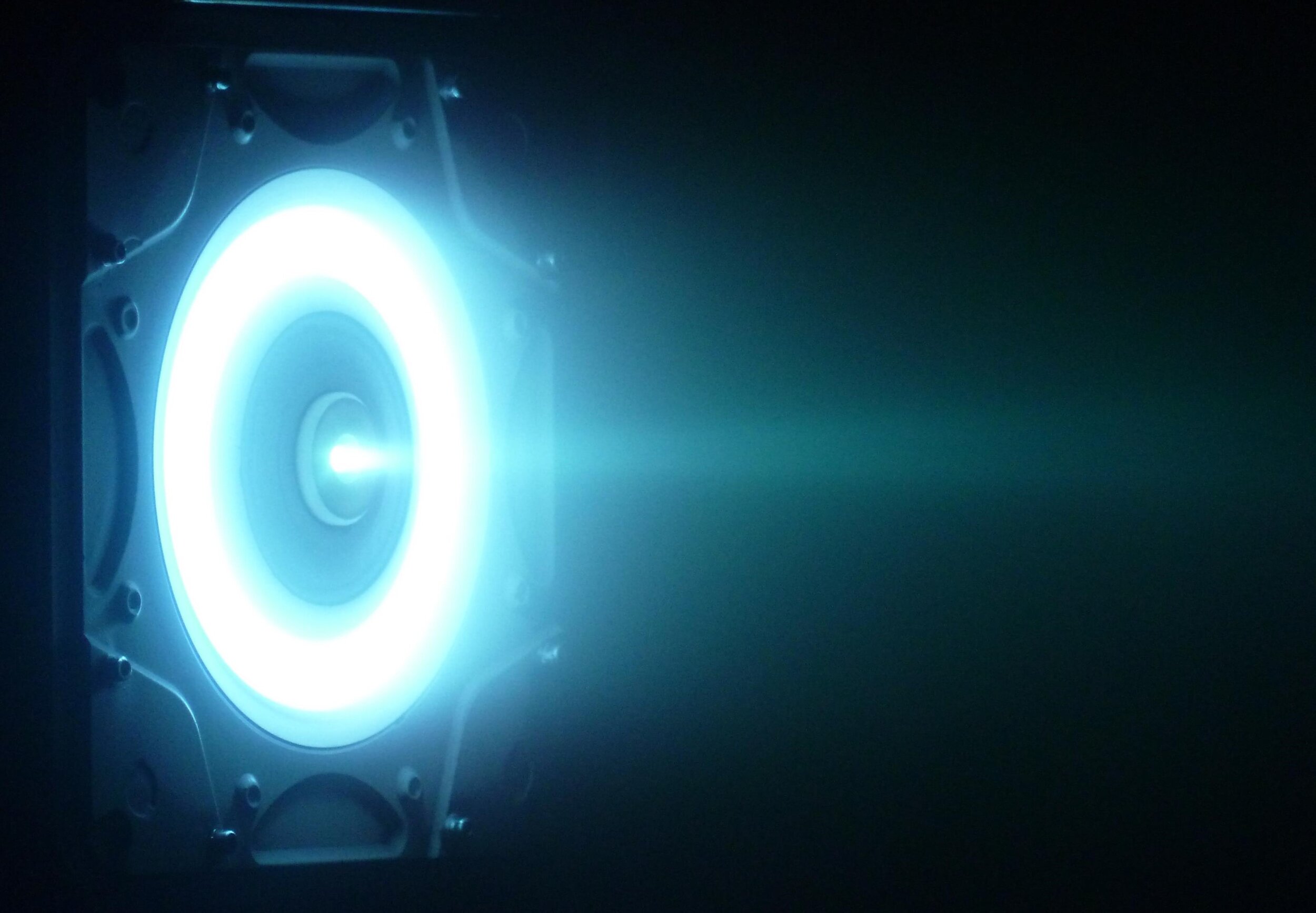Omashkooz [none/use name]
- 7 Posts
- 26 Comments
- Omashkooz [none/use name]to
 ·25 days ago
·25 days agohttps://hexbear.net/post/3692948?scrollToComments=false
- Omashkooz [none/use name]to
 ·1 month ago
·1 month agoBeen thinking about your question overnight.
Ion drives is the answer
Ion drives are what you're talking about. They have no moving parts, no rotors, and produce no vortices (vortices are what make drones and whirlybirds noisy). I have always thought that the VTOL flying cars like the ones you linked are fictional ion drives. This – https://www.youtube.com/watch?v=mnCmvxt2jn8 – gives a feel of how they look and sound. It's that science-fiction look and sound from flying cars like Black Panther or Altered Carbon
Show
In 2018, the first ion drive plane flew 55 metres – https://www.youtube.com/watch?v=IorDYGI1uqc
The video does a good job of talking about it and about the difference between space ion engines (the more researched kind) and the ones you'd use in the atmosphere that ionise nitrogen (i.e. air). I want to stress that: I'm talking about ion engines for moving air around, not for spaceships. This youtuber is building same: https://www.youtube.com/watch?v=WC92SStn7vY
The problem with ion drives is they produce nowhere near enough thrust to make a flying car fly, but we're talking about science fiction here.
Let's think about energy density
For VTOL you need 10N per kg to lift against gravity.; for forward flight, you only need 2-3 Newtons per kg of mass: https://en.wikipedia.org/wiki/Thrust-to-weight_ratio
The first video linked says the plane produced 6.25 Newtons per kilowatt. Same authors, following year, achieved 15N/kW – https://iopscience.iop.org/article/10.1088/1361-6463/ab4a4c
Each 1000 Watts produces 15 N of force. That's enough to lift 150g vertically against gravity. Therefore we need about 7kW to lift each kilo. Or for non-vertical takeoff, about 2kW per kg. You'll need to be talking about some post-energy-scarcity future. (Of course, there could be big improvements on the 15N/kg score achieved in the iopscience paper)
You need a fuel with a high energy density so that the weight of the fuel doesn't cancel out the lift of your thrust – you need hydrogen.
Left-unity with comrades who said vacuum-airships
Because the tricky part is [thrust]>[weight], any help lifting the car is welcome. Vacuum-chambers that provide buoyancy will reduce power demand, lightening the burden on the engine.
Vacuum-airships are difficult because [weight of empty space]<[weight of air], but you need a strong shell to prevent the vacuum from being crushed. Build it out of steel or titanium? Now you've got something heavier than air. So with future materials (graphene, really) it should be possible to build a thin, light, strong shell to encase a vacuum-bubble and make your flying car lighter.
- Omashkooz [none/use name]to
 ·3 months ago
·3 months agoSpace exploration isn't unique to capitalist systems.
- Omashkooz [none/use name]to
 ·3 months ago
·3 months agoYou can't just "give up" trying to debate people. Debating people on the internet is the purpose of human life.
My inner hustler wants to sell expensive spells to these people
Occult Chemistry
Sorry to be pedantic but surely that's just alchemy.
I'll see myself out.
- Omashkooz [none/use name]to
 ·3 months ago
·3 months agoEngels wrote better introductory texts that are more readable (Principles of Communism, Socialism: Utopian and Scientific; Marx did deeper analysis.
- Omashkooz [none/use name]to
 ·3 months ago
·3 months agoEverybody sucks here.
I'm not gonna read 14,000 words of internet drama because I'm not a loser, but he says he was called racist because of a misreading, which is exactly the sort of thing that'd happen in places like these. Then it probably spiralled out of control.
Death to liberals.
- Omashkooz [none/use name]to
 ·4 months ago
·4 months agoI've been one of the loudest critics of the planet-burning proliferation of treat printers and I personally am fine with PC-scale LLM applications like that.
oof how embarassing, you just told on yourself for being one of the loudest speakers and without investigation
it's only the training that is energy-intensive, running the LLM can be done locally
what you're saying is like "I'm cool with people cycling bicycles; I oppose bicycles being built because it's too energy-intensive"
- Omashkooz [none/use name]to
 ·4 months ago
·4 months agohmmm, this is making me feel bad
I try to keep my nation's lore alive through books and youtube, but the oral art form is part of it. Form as well as content.
- Omashkooz [none/use name]to
 ·4 months ago
·4 months agoTitane
2021 French body-shock horror, truly horrifying and weird
Only horror film to ever win the Palme d'Or
Empirical and theoretical studies are both needed.
I do think these weird elaborate examples of a city choosing where to build a hospital
What do you mean when you say siting a hospital is "weird eleaborate"? I picked it because it's the most down-to-earth example I could think of, it affects people's lives and deaths and is an issue I have spent hundreds of hours campaigning on.
Determining where to build a hospital and all other essential public infrastructure is not a question of democratic political will.
I agree it "is not a question of democratic political will" in non-democratic societies like the USA or China. But in a society ruled by the people, then the people decide.
There's no ideological workaround for to the fact that society has to make choices. First, we need hospitals. Second, the hospitals need to be located somewhere. Third, the choice has to be made, the hospital won't be sited without some chooser. Fourth, in a people-ruled system, we need some way of converting diffuse individual wishes into a decision.
Planning is good and can and will solve a lot of these problems. Democratic will is best imposed as oversight over a scientific planning process and through the setting of social goals.
Towards a New Socialism talks about the intersection of planning and democratic choice. They say planning can produce multiple feasible plans and then the people choose among them.
Liberal ideology, universal suffrage is a terrible way to run a real country. Council systems are superior in every way.
What do you mean by "council systems"? Do you mean picking people at random (choice by sortilege) and having them vote on issues?
There's no way around the fact that you have to make a social choice.
You cannot please everyone, there is no utopia, you're always going to be stepping on someones toes just a bit when making decisions, especially big ones.
That's what makes it an interesting thing to study. How can we get as many people's opinions together and approximate some sort of "will of the people"? There's no such true, objective thing, no "will of the people", but we have to rough one out in order to build trains, distribute resources. We can't simply wash our hads of the problem.








Hexbear is also black-n-white mate